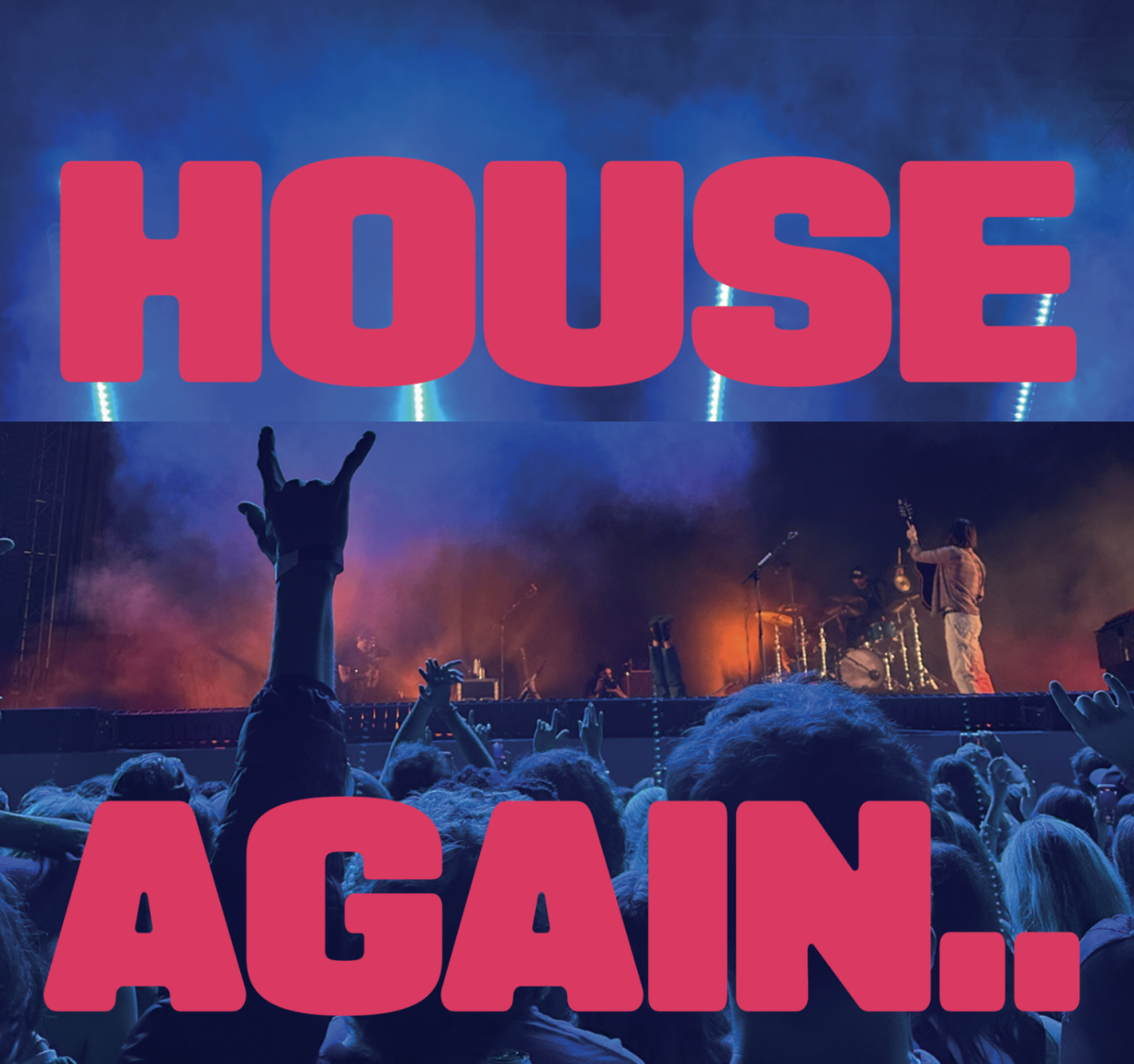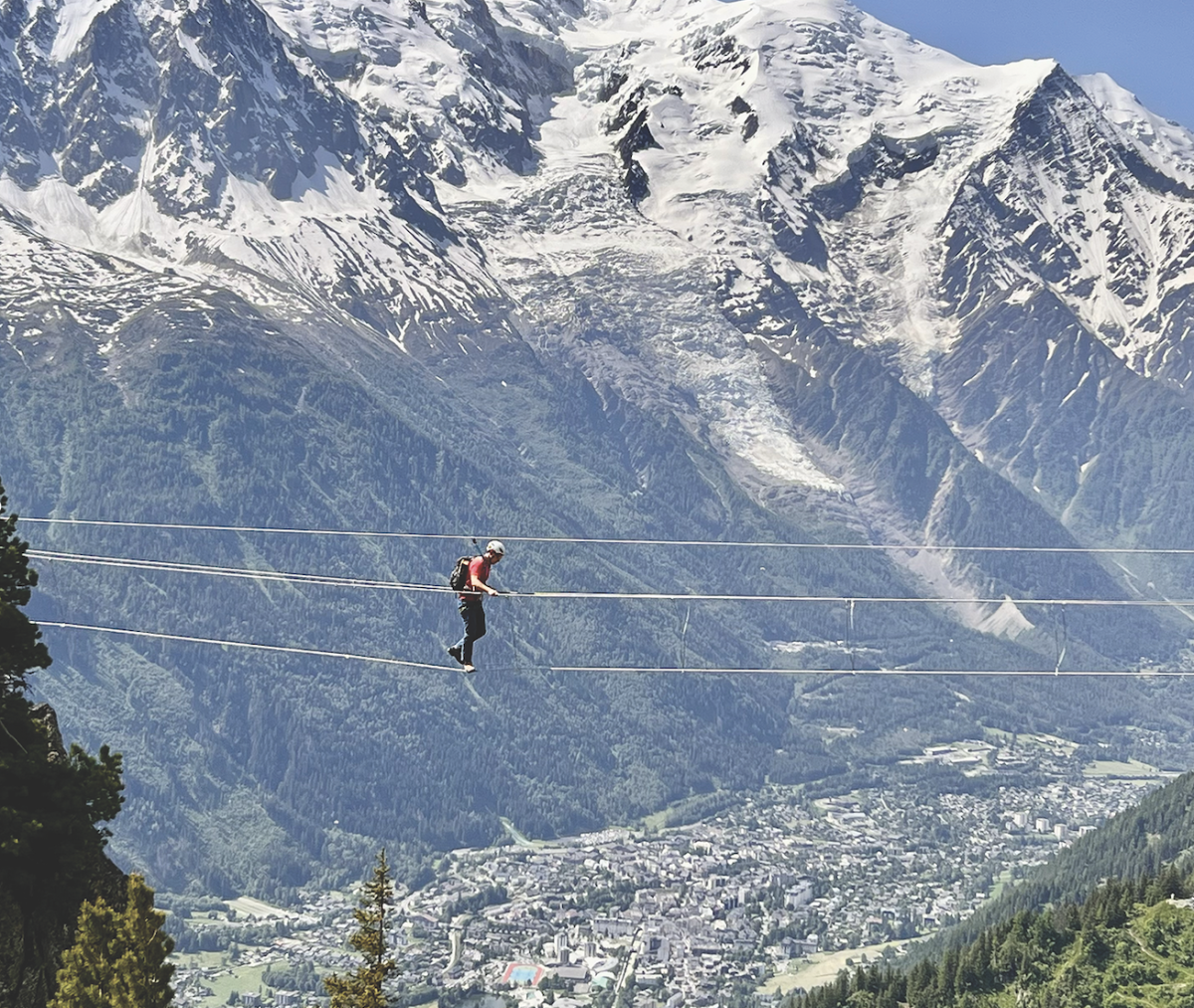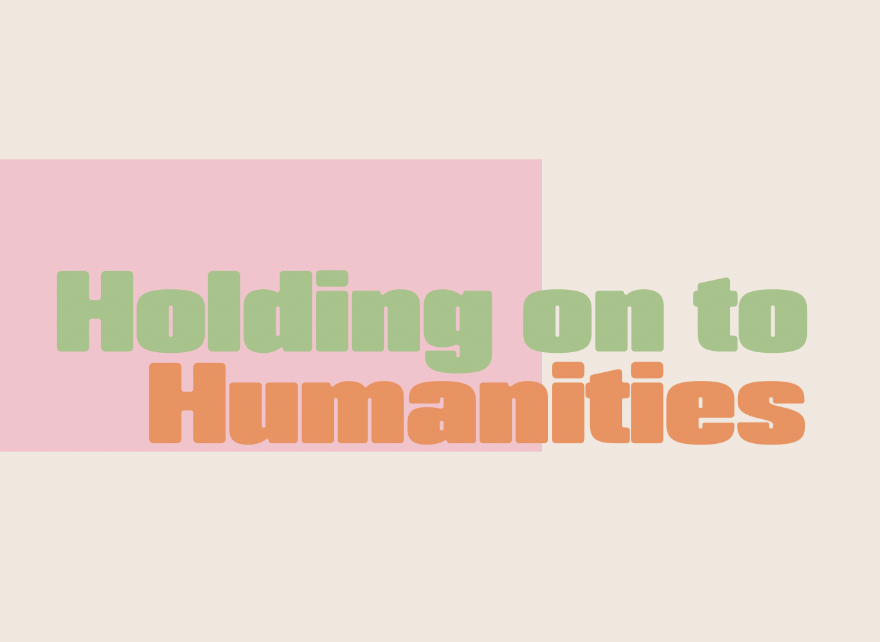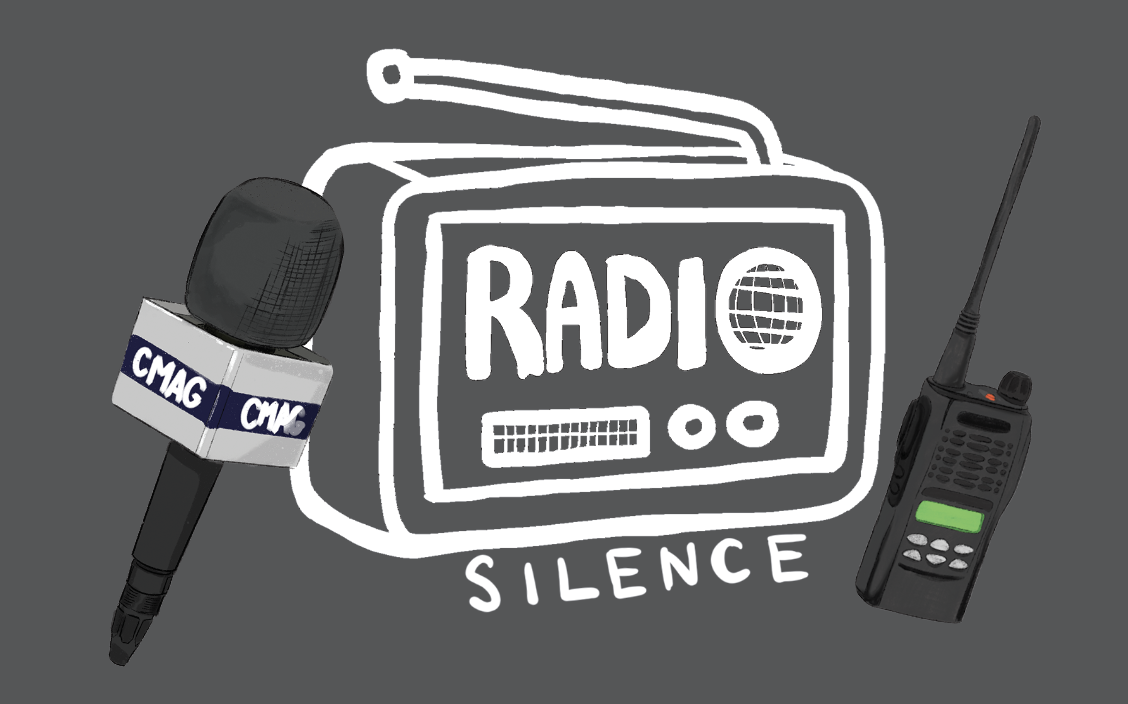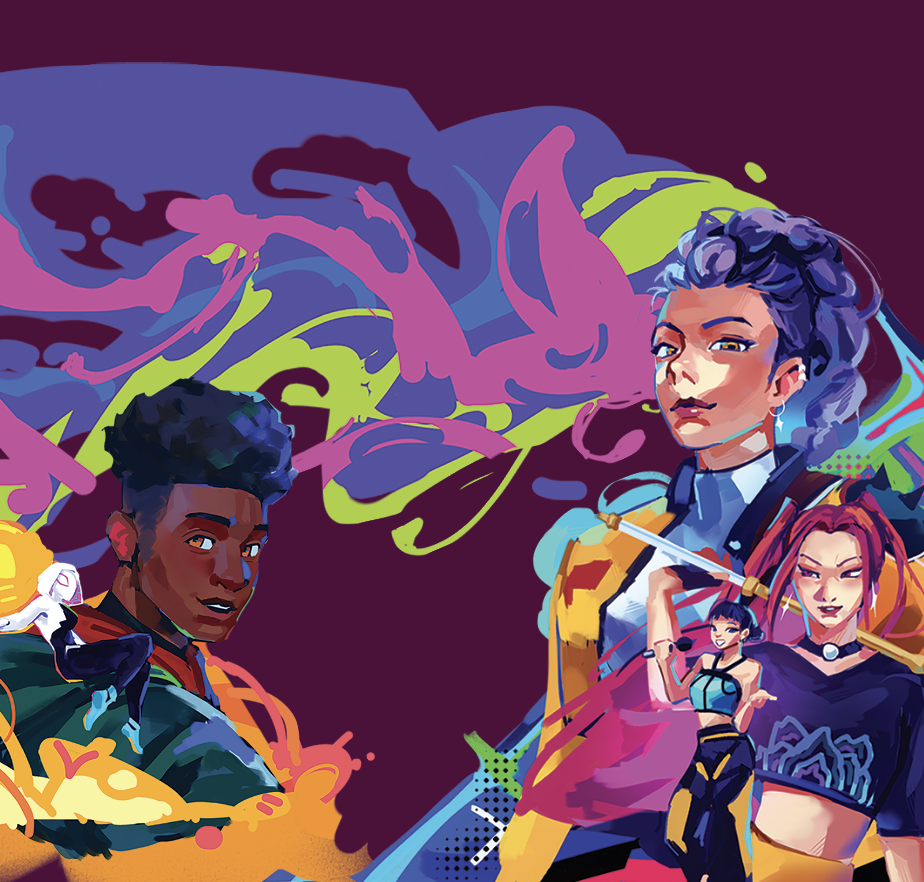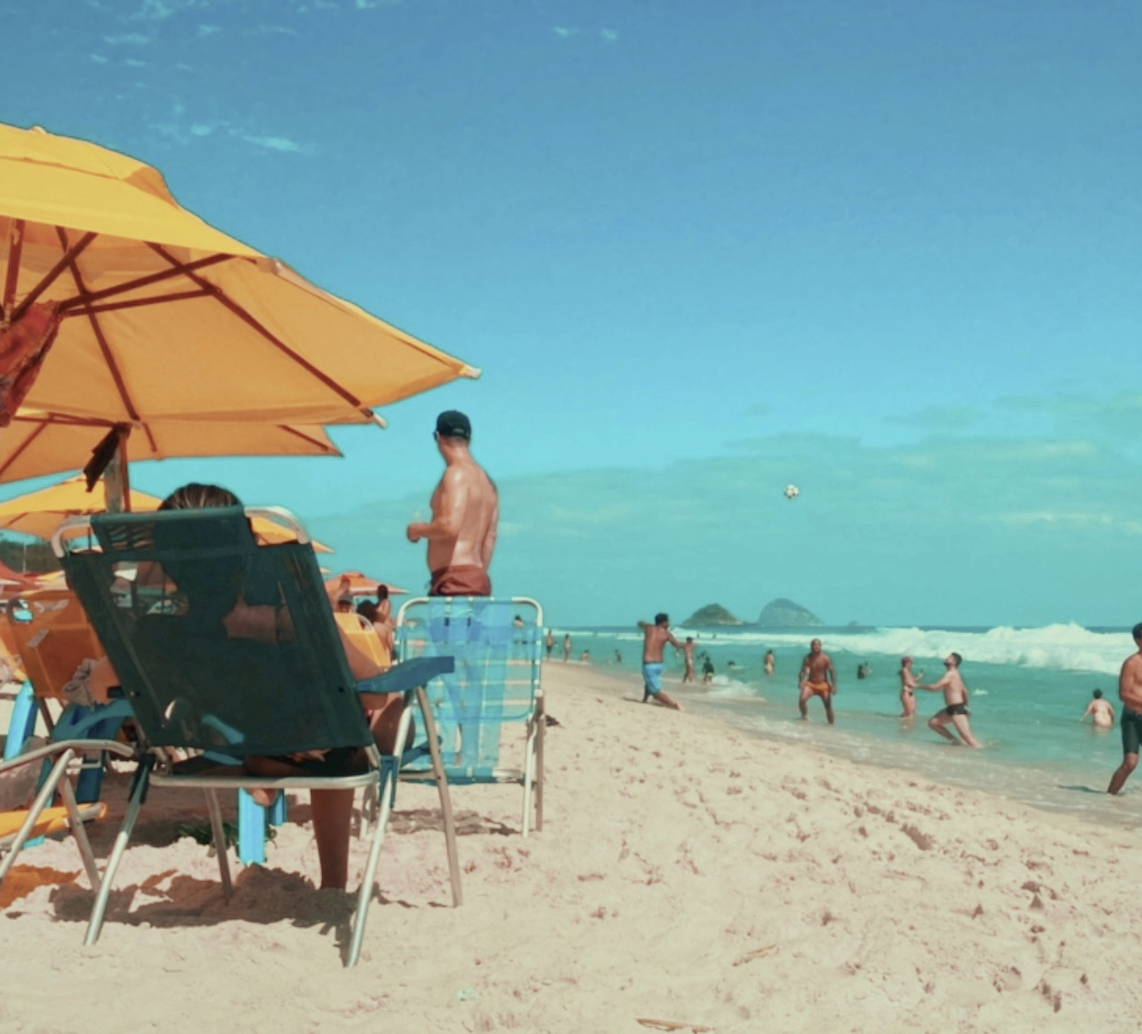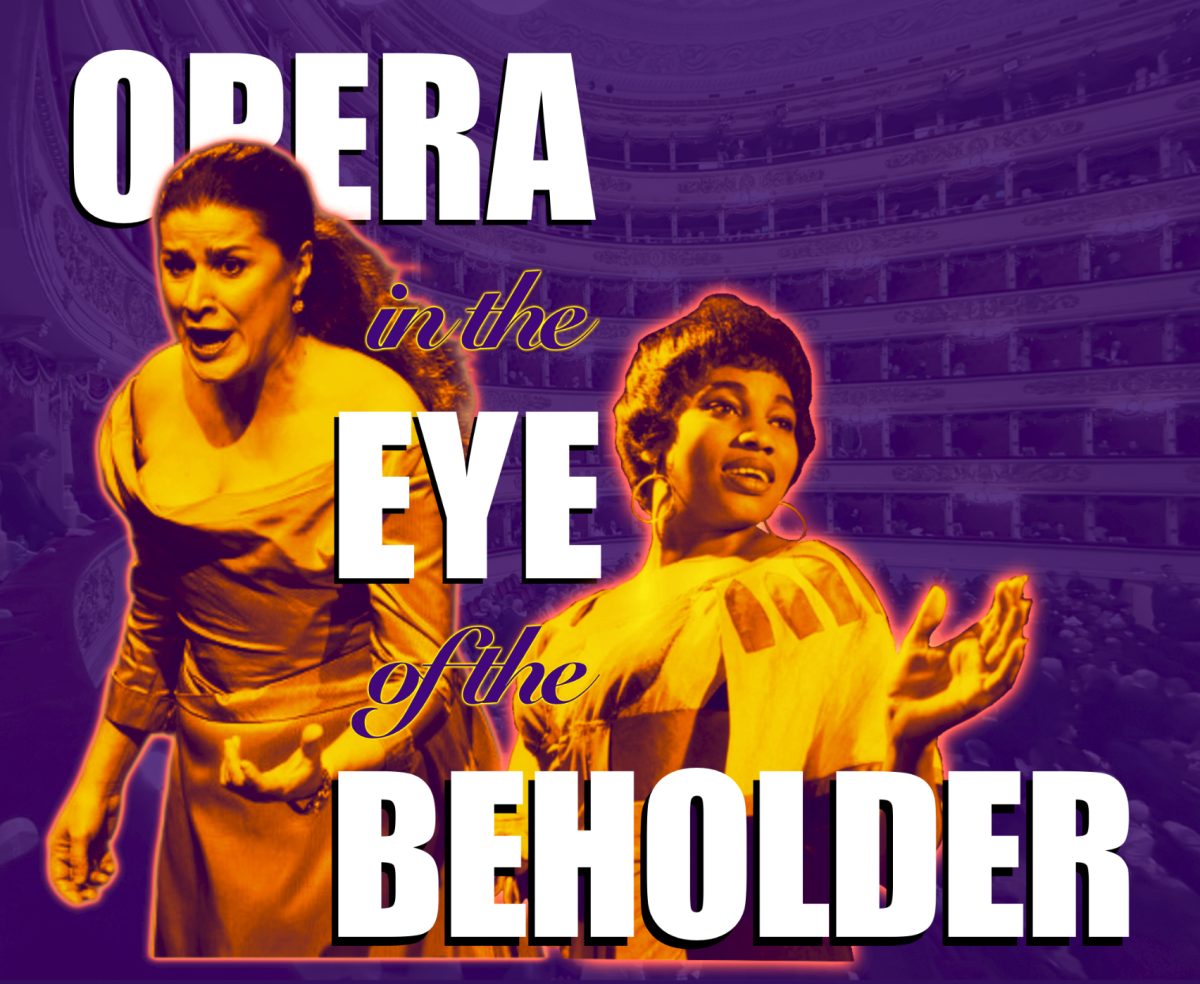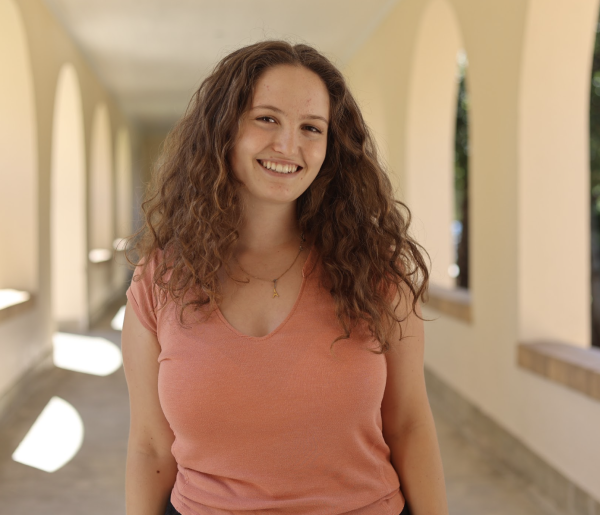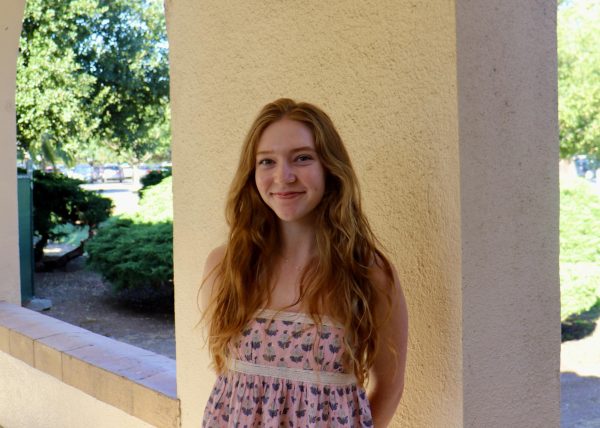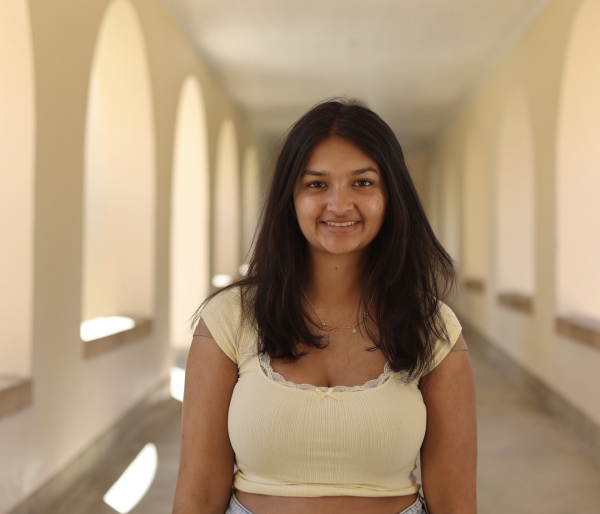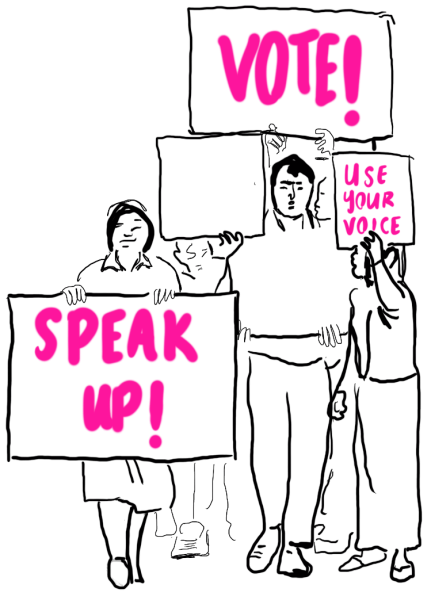 Generation Z was born into a world already falling apart. With pressing issues growing – such as climate change – and an increasing political divide, politics have never seemed so vital, or so intimidating. As the foundation of our country has evolved, younger generations have shown they are ready to make changes in the systems they were born into by staying informed, using their voices, voting and more.
Generation Z was born into a world already falling apart. With pressing issues growing – such as climate change – and an increasing political divide, politics have never seemed so vital, or so intimidating. As the foundation of our country has evolved, younger generations have shown they are ready to make changes in the systems they were born into by staying informed, using their voices, voting and more.
Throughout history, young adults have played vital roles in social advancement and politics. Now, in a time of expanding online news and social media, teenagers around the world have easier access to the spotlight, and they are using it.
“When you read about and watch films of past political moments, students and young Americans are prominent,” AP US History teacher Jack Bungarden said.
Generation Z is continuing to push for change, even
at a local level.
“There is a persistent thread of folks [at Paly] who… devote considerable effort to making society better in some form,” Bungarden said. “Their efforts are admirable.”
Politics are the cornerstone of both the course of history and day-to-day life. Writer for Paly social activism publication Anthro Magazine and junior Faizan Kashmiri notes the place of politics in people’s lives.
“If you don’t involve yourself in politics, you might as well just cut off your feet at that point, because you don’t want any mobility in how you control the world around you,” Kashmiri said. “It’s fundamental to be involved in politics, right? It’s how you yield autonomy in this world.”
While the pressing issues that infiltrate the world around us may seem impossible to change as a teenager, Palo Alto Vice Mayor Greer Stone asserts that young people actually have an advantage in political realms.
“Generally young people are not as engaged in the political process,” Stone said. “And so when young people do show up and speak up, it really often makes policymakers pay attention.”
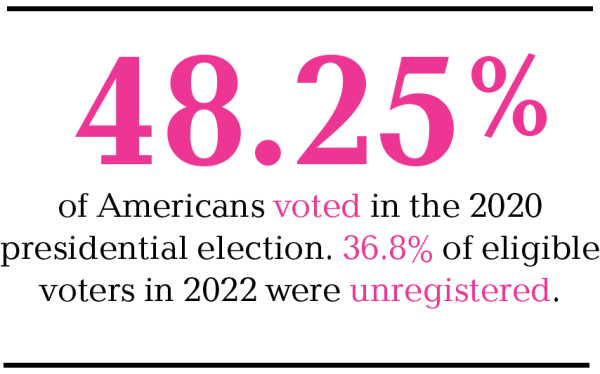
Many politicians and citizens acknowledge that political spaces can often be intimidating, even more so for young people, but not every aspect of politics has to be.
“There’s often a negative connotation with it [politics],” senior Evelyn Zhang said. “Obviously, it’s very polarizing at this time, but I think it could range.”
However, she emphasizes the importance of not letting stereotypes deter younger generations from entering political spaces.
“It’s important for us to continue injecting our opinions and our own experiences into politics, because we can’t leave it up to the adults to make decisions on things that are affecting us more than them,” Zhang said.
Those who don’t think of themselves as interested in politics can still have a stake in their outcomes.
“It [getting involved with politics] doesn’t just have to be [through] a political club, say, a political affiliation; a lot of it just has to do with fighting for what you believe in,” Zhang said. “And, if that involves political avenue, like approaching the city council or maybe just the school admin, that still is politics… you’re fighting for what you believe needs to be changed in your life and the lives of others.”
Politics are much broader than many people think, affecting almost every aspect of people’s lives.
“The issue is that you don’t need to be political, sure, but your landlord’s political, your President’s political, your mother’s political, your everything around you in life is political, including most notably the people who hold power over you,” Kashmiri said.
Although political change is often made in Congress, City Hall or at protests, being ‘political’ doesn’t necessarily involve any of those. Often, it can start as small as opening your phone and skimming the top news stories.
“One main thing that people don’t talk about a lot is honestly just staying informed,” Zhang said.
Junior Class President Kelly Tanaka believes every student should be educated.
“A great way to stay involved is being informed on politics, like reading the news, so you can have a more diverse and unbiased perspective by having all the facts,” Tanaka said.
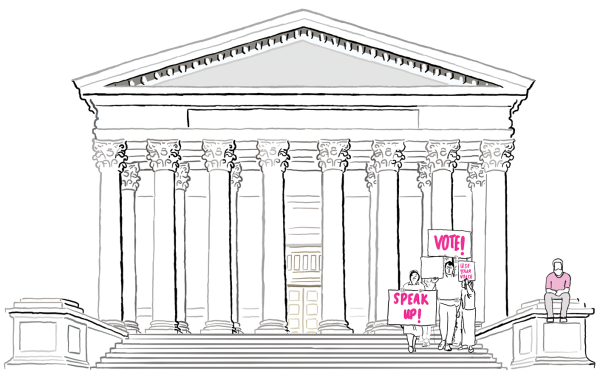
Staying informed as a community is the single best way to create cultural change, according to the President of the Palo Alto Youth Council and Nueva senior Olivia Chiang.
“A lot of the political problems we have in this country and [the] political strife we have is in part due to a lack of education,” Chiang said. “…It’s important to do some research on the other side [and] hear anecdotes [and] personal experiences so that you can really empathize with them [opposing parties] and better tackle your collaborative dialogue.”
Many more emphasize the importance of mending the relationships broken by political divides.
“We don’t have to dislike each other just because we disagree with each other,” Stone said. “I think politics has become too much of a ‘I hate you because you’re on the other side of this issue’, and that’s so toxic and detrimental to our democracy.”
Being informed can bridge the split between generations, as well as political parties.
“Especially in a time where things are changing so fast, with the technology age, there are so many things that a lot of our generation understands on a personal level more so than elders, seniors, et cetera,” Zhang said.
Educating yourself on your surroundings is not the only way to make change. Teenagers advocating for their beliefs through international news sources and social media have sparked multiple protests in the past few years that have branched all over the world.
“[Protests] are a great way for students to just show that there’s strength in numbers, and it’s often very accessible,” Zhang said. “You just grab a sign, bring a couple of friends, and you can really voice your passion for a cause.”
Recently, more organizations, including the Palo Alto City Council, have started seriously taking youth input into account.
“More of these groups, and even governments as well, are really starting to embrace this idea of youth involvement and recognizing that at the end of the day it [political change] is impacting you [teens] the most, and we need to have your voice actually up at the table,” Stone said.
Now, more than ever, is the prime time for young people to step up and make the difference they want to see. The upcoming year is the perfect time to return to America’s political roots in the 2024 election.
Palo Alto City Council member Julie Lythcott-Haims observes from her position in local government how essential it is for everyone to vote.
“The policies enacted by our local, state and national governing bodies are the rules that knit our human community together and impact everything from where we can live to whom we can love,” Lythcott-Haims said.
While national elections get the most media attention, it is equally as important to participate at a local level.
“So much of the community and the things that we [The City Council] oftentimes are voting on, especially issues of climate change, are going to impact you the most,” Stone said.
Voting is not the only way to be involved in the election. For the majority of high schoolers who are not yet old enough to vote, the most influential way to affect the election is by sharing their beliefs.
“Simply educating your parents, grandparents, aunts and uncles about the importance of conservation and other concepts [is a way teenagers can be involved],” Stone said. “…They didn’t grow up with that mindset [that issues like environmental change are important], whereas your generation did.”
There is a place for youth voices in every area of Palo Alto and society as a whole.
“Especially in Palo Alto, there’s so many unique opportunities to get involved where people honestly really want the voices of youth, sometimes even more than adults in the communities,” Stone said.
In a time of political change, many believe it is vital for younger generations to make their voices heard.
“The opportunities are limitless for young people,” Chiang said. “It’s just a matter of your passion.”


